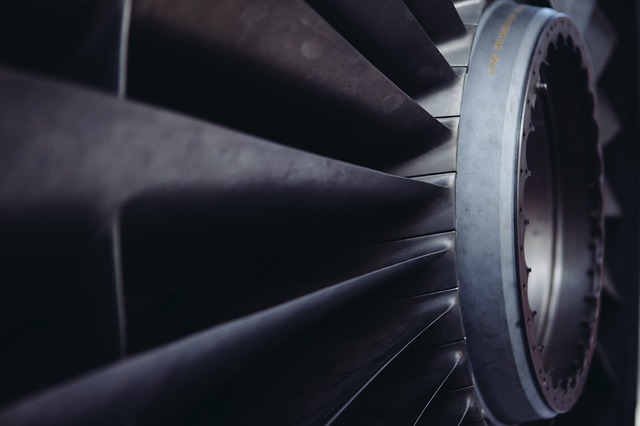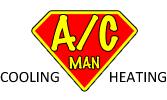What You Should Know About Your Air Filter
Whether it’s an AC system in your home or car, the chances are you’ve had to change the air filter. Air filters trap dust and other types of allergens from circulating in the air of your home. If you live in Houston, then you know how hot it gets and the last thing you want is to breathe in such things. With that said, let’s discuss how air filters work and how you can keep them working for a longtime to come.
 How They Work
How They Work
Air filters do a lot of things. Most filters sit right between a cardboard frame and they were made with spun fiberglass. Filters play a role in keeping your air clean because it filters the dirty air that your HVAC unit brings in.
Particles such as animal fur, dust, pollen, bacteria and mold spores become trap by the fiberglass material. However, you do need to change it regularly. Doing this will ensure the air stays as clean as possible and free of particles such as the ones previously mentioned.
Maintaining Your Air Filter
Allergens and other particles will make their way into your home if an air filter is dirty. Not only that, but free air flow from your HVAC system may become restricted. This can increase energy bills due to the unit not working as efficiently as it should be working.
All you have to do is replace the filter or clean it. Don’t forget to check the filter once per month so you can either clean or change it. As a general rule of thumb, you should see light pass through the filter if you hold it up to a light.
Air Filter Issues
There are various issues that can be due to a clogged air filter. Your unit may not be working as good as it did in the best or the evaporator coils may be frozen. These things can be due to a filter that has to be changed.
It’s important that you understand your HVAC equipment. This can help you figure out what issues your unit has early on, which can save you money. If you need HVAC repair, Houston residents can rely on AC Man Houston. Contact us today or call AC Man Houston with any questions you have about your HVAC system.
